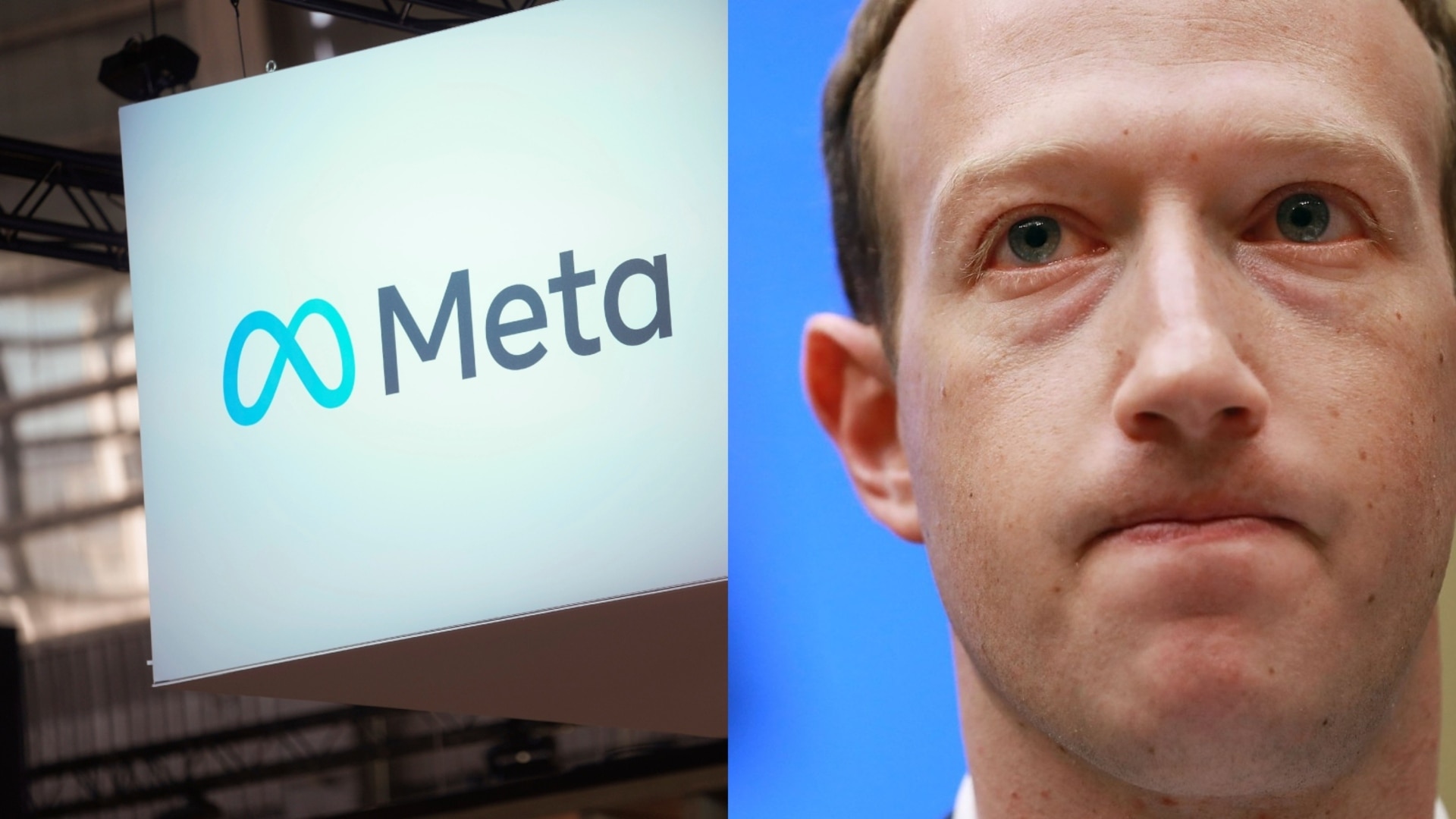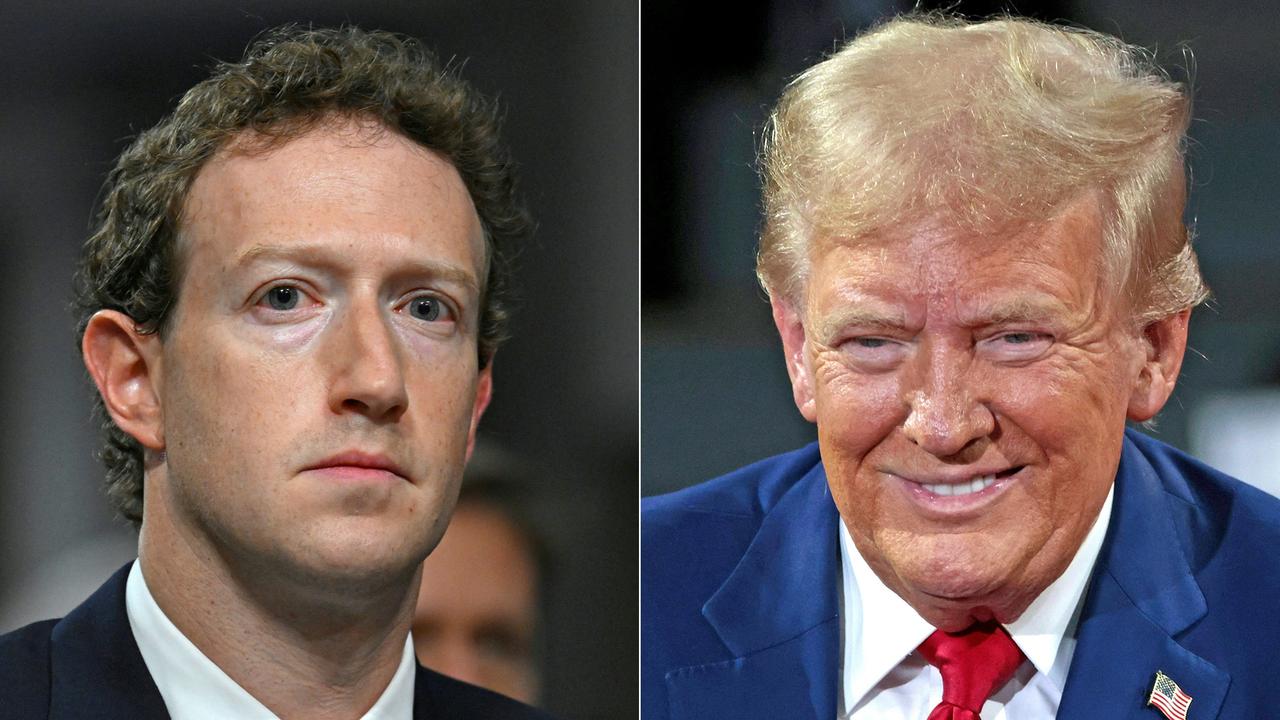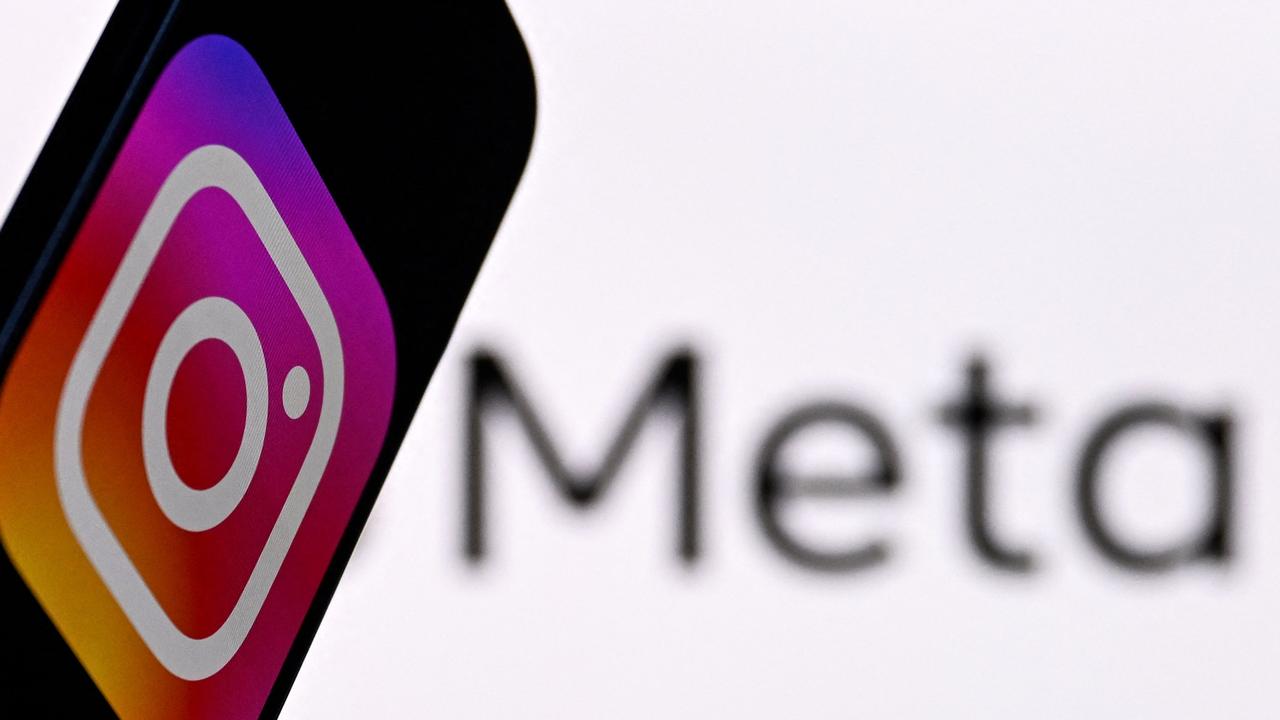‘Beginning of the end’: Meta’s shock move slammed
An unprecedented move by Meta boss Mark Zuckerberg has sent shockwaves across the globe – and it could have dire consequences for Aussies.

OPINION
Meta’s decision feels like a straight-up “kiss the ring” to Donald Trump.
After lining up along other tech giants to donate a whopping $US1 million to Mr Trump’s inauguration fund, the tech giant appears to be clearing the way for misinformation to flourish – and just in time for Mr Trump’s second presidential term.
This move could mark the beginning of the end for editorial integrity, throwing truth to the wind and giving fake news free rein.

For years, Meta’s platforms, Facebook and Instagram, have shaped the way billions consume information. Whether it’s news articles, viral videos or political ads, these platforms are not neutral spaces for sharing content. They’re gatekeepers of what people perceive as reality. By pulling the plug on its fact-checking initiative, Meta has essentially abdicated responsibility for ensuring the information it amplifies is accurate.
With Twitter (now X) eliminating fact-checking on Elon Musk’s takeover in 2022, Meta’s abandonment of fact-checking represents another social-media platform biting the dust.
In doing so, the company is paving the way for a new era – one where fake news isn’t just tolerated, but thrives unchecked.

A signal to propagandists everywhere
Meta’s move comes at a critical moment. With Mr Trump’s return to power looming, the decision to scrap fact-checking feels deliberate. It’s hard to ignore the optics: a $1 million donation to Mr Trump’s inauguration fund, followed by a systematic dismantling of measures designed to combat misinformation.
The message is clear: propagandists, this platform is yours to exploit.
What does this mean for 2025? The implications are staggering. By stepping back from accountability, Meta risks turning its platforms into megaphones for propaganda. The guardrails are gone. The algorithms that prioritise engagement over accuracy will amplify sensationalised content, no matter how deceptive.
In this environment, trust in online information, which is already fragile, could evaporate entirely.
How could it impact Australia?
Here in Australia, the risks are immediate and profound. We’re heading into a pivotal election year, where every vote counts and every piece of information has the potential to sway public opinion. Without robust fact-checking measures, misleading ads and posts could shape voting patterns before regulators even notice.
This isn’t a hypothetical scenario – we’ve seen it happen before. In the 2019 federal election, false claims circulated widely on social media, influencing key demographics.
Without fact-checking, political operatives (including foreign) and bad actors have free rein to flood platforms with disinformation. Voters are left to navigate a digital minefield, where the line between truth and fiction is increasingly blurred.

The stakes couldn’t be higher. Our democratic processes depend on an informed electorate. When lies are allowed to proliferate unchecked, democracy itself is at risk.
A crisis for future generations
The implications extend far beyond elections. For young users, the stakes are particularly high.
Social media is already a battleground for young users, who are bombarded with content that shapes their world view. Removing fact-checking could make it worse, reinforcing calls to ban or heavily regulate platforms for kids.
What happens when generations are raised in an environment where truth is optional?
Where the loudest voice, not the most accurate one, dominates the conversation?
The answer is chilling. We risk creating a society where trust in facts, and by extension, trust in institutions, is fundamentally undermined. The ripple effects could be felt for decades, with journalism, science and education constantly under siege because no one can agree on what’s real.
The role of government and regulation
It’s clear that Meta won’t regulate itself. The company has repeatedly prioritised profit over accountability, engagement over accuracy. Governments must step in to enforce accountability – before platforms become playgrounds for lies.
Platforms like Facebook and Instagram wield enormous power over public discourse. With that power comes responsibility – a responsibility Meta has chosen to abandon.
The Australian government has already taken steps to address the spread of misinformation online. The Australian Code of Practice on Disinformation and Misinformation, developed by the Australian Communications and Media Authority (ACMA), was a step in the right direction. But it’s not enough.


The code relies on voluntary compliance from tech companies, many of whom have shown they’re more interested in avoiding scrutiny than addressing the problem. What’s needed is enforceable legislation. Laws with real teeth, capable of holding platforms accountable for the content they amplify.
Beyond regulation, there’s also a need for education. Media literacy programs should be a cornerstone of our response to the misinformation crisis. Teaching young people how to critically evaluate online content is more important than ever.
For example, studies have consistently shown that there is a strong correlation between education level and the adoption of propagandist conspiracy theories. Schools, community organisations and governments must work together to equip the next generation with the tools they need to navigate an increasingly complex information landscape.
Safeguarding truth in an age of misinformation
Meta’s move signals a dangerous retreat from truth. Meta is effectively handing the keys to those who traffic in lies.
This isn’t just about short-term disinformation campaigns. It’s about the long-term erosion of our ability to discern fact from fiction. If we don’t wake up, the consequences could be irreversible.
The erosion of truth has far-reaching consequences, touching everything from public health to climate action.
By enabling the spread of misinformation, Meta is actively working against global efforts to address these threats.
The stakes couldn’t be higher. Governments, regulators and citizens must act before it’s too late. The time to demand accountability is now.
Ryan Zahrai is the founder of Zed Law
Originally published as ‘Beginning of the end’: Meta’s shock move slammed
Read related topics:Donald Trump




